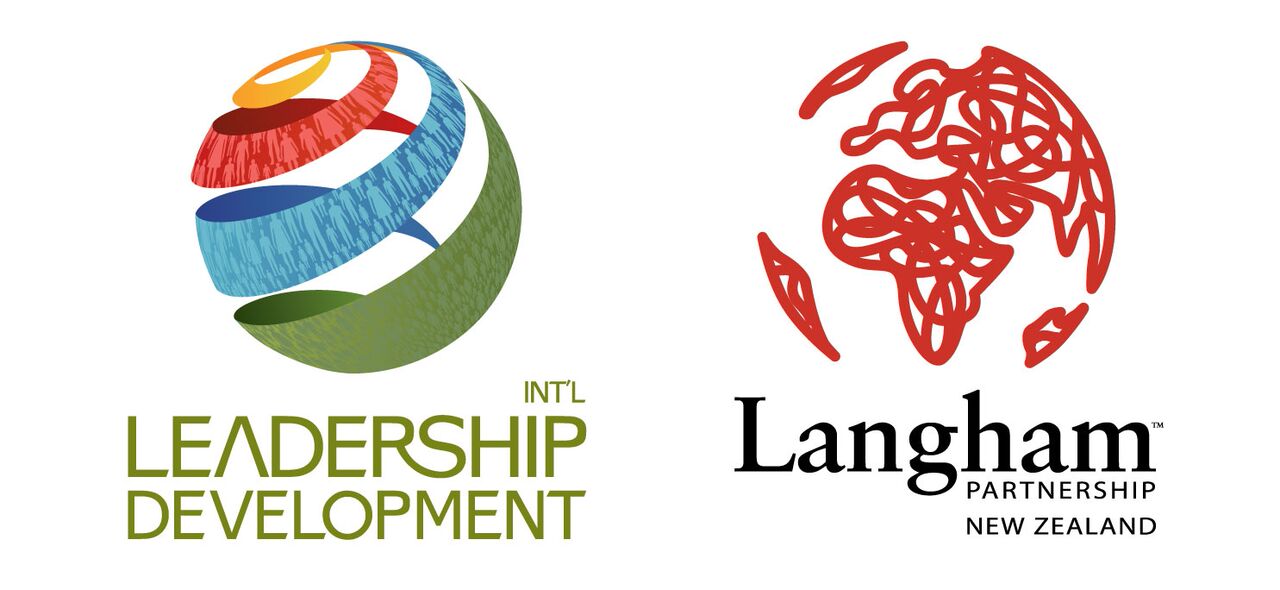
The year is at an end; but we end celebrating a new beginning in Jesus’ entry into the world.
You have all been supportive of LeaDev-Langham’s ministry partners in one way or another- either through prayer, giving or both. We celebrate you! Partners in the gospel
Here is a lovely reflection from one of our Langham team:
JESUS IS MESSIAh
Jisu Kenhekelie Kediu
(Tenydie)
The woman said, “I know that Messiah” (called Christ) “is coming. When he comes, he will explain everything to us.” Then Jesus declared, “I, the one speaking to you—I am he.” – John 4:25-26
“Messiah” is a foundational and summative title for Jesus that brings together many portraits of God into one figure of hope. This is what the Samaritan woman discovered that day at Jacob’s well. In that awkward moment filled with cultural taboo, religious conflict, and tribalistic tension, this highly intelligent Samaritan woman paid attention to Jesus as Jesus unpacked for her who He is–the Messiah who will bring healing to all the world’s brokenness.
We watch this scene at Jacob’s well in awe. This conversation would have baffled angels who long to have such conversations with the Almighty and delve into the mysteries of the gospel. But at Jacob’s well that day, angels could only listen in, like us today, reading with awe how Jesus the Christ revealed His identity to a woman who was in every way on the other side of the social, cultural, religious, and political divide.
It is not that Jesus was unwilling to reveal Himself to people outside His tribe. In fact, Jesus was given for the world (John 3:16), a revelation that many chose to ignore. But not the Samaritan woman. She was ready for Jesus. Yes, she was sinful. She had her prejudices. She took sides politically. Her lifestyle and bad choices had condemned her to the dark and shameful spaces of society. She only went out in that odd time of the day to avoid the judgmental stares of people. But she was ready for the revelation of the Messiah. And Jesus finds her where He would expect her—at Jacob’s well looking for something refreshing to satisfy her thirst and fill her empty soul.
The Samaritan woman had no name. Perhaps that is because she could be any one of us in any context around the world. Her conversation with Jesus exposed multiple layers of problems that had plagued her family and society: conflict of tribalism between Jews and Samaritans, conflict over worship places, questions about the validity of the temple, and the controversial political history and identity of the Samaritans. But in the midst of the complexities of her situation, she believed that one day the Messiah would come to help fix all these problems. For her, the prophesied Messiah carried this meaning–“all of God for all spheres of society.” And Jesus affirmed her hope when He replied, “Yes, I am he, that Messiah you talk about.”
This story brings me face to face with the issues in my context in Nagaland (Northeast India) where we are riddled with political insurgency, tribalism that is deep rooted, nominalism in the churches, and a corrupt system in the government that seems beyond repair. We have been stuck in these dark spaces for too long. The problem becomes more complex when the people indulging in these corrupt and oppressive practices are Christians who claim to be followers of the Christ. We are in a crisis deeper than we imagine. But like the Samaritan woman, we can emerge from the darkness of society to catch a glimpse of the Messiah who delights to reveal Himself to anyone who is ready to pay attention and willing to welcome Him.
The understanding of Jesus as the Messiah brings great hope to situations of conflict, confusion, and corruption. In my local language, Messiah can be translated: “Jesus the Good Anointed King.” This gives us great hope because Jesus is more than just a Savior for our personal sins. We can look to Jesus, the anointed king, to bring the motivation and resources of His reign to bear on the “dark spaces” of tribal conflict, crippling church nominalism, and corruption in all spheres of public life.
The Messiah has come, the one who brings together the many promises of God into one figure of hope. In the Messiah, God offers all of Himself for the healing of all of the spheres of our individual life and society. Things will not change immediately. But once we have encountered the Messiah, we can run back to our dark spaces with the light of the Messiah.
This beloved hymn we sing at Christmas captures the longing for the Messiah well: “The hope and fears of all the years are met in thee tonight.”
Have a very special Christmas with family and friends knowing that Christ’s presence is with those who feel alone but also with those who meet in communities all over the world to reflect on what ‘God with us’ means.
Russell Thorp
Executive Director
